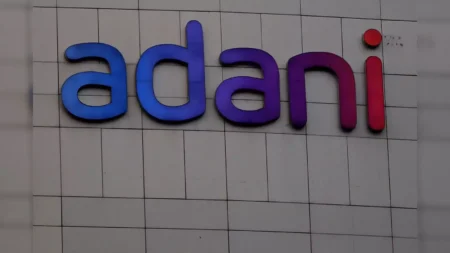Kenya’s tax collector Kenya Revenue Authority has been looking for avenues for raising the tax as the countries look for a more sustainable way of meeting its development budget, and with a debt that seems to be spiraling out of control.
Media reports emerging from Kenya have indicated that the taxman in conjunction with The Communication Commission of Kenya (CA) are looking at media streaming sites like Netflix and YouTube as well as other apps operating in Kenya.
Further, the taxman is looking at ways of collecting revenue from every app downloaded, similar to a legislative clause currently available in Cameroon which allows for Telcos to pay a certain percentage for every app downloaded.
According to KRA, provision of online platforms for use by third parties is a taxable supply under the Value Added Tax Act of 2013. This means that this will attract the standard 16% levy.
“If you are a resident here, you are supposed to pay the taxes the normal way. If you are not a resident but you have an app that’s being used here, your tax representative must pay your VAT and income tax,” deputy commissioner for corporate policy, Mr Maurice Oray was quoted by Business Daily. “VAT applies on those apps because you are providing a service which is not zero-rated or exempted,” Mr Oray said.
Similarly, over-the-top services (OTT) will soon be required to declare the incomes they derive from Kenyan consumers. These include YouTube and NetFlix.
“Many countries especially developed ones have policies that guide these services, and that is where we are heading to as a country,” Communications Authority director-general Francis Wangusi told the Business Daily.
In 2018, the Ugandan parliament passed the Excise Duty (Amendment) Bill 2018, which, among others, provides that “A telecommunication service operator providing data used for accessing over the top services is liable to account and pay excise duty on the access to over the top services.”
OTTs are applications and services, which are accessible over the Internet and ride on Operators’ networks offering internet access services, such as social networks, search engines or amateur video aggregation sites. According to this Bill, OTT services, that commonly include WhatsApp, Facebook or Twitter, will be subject to a tax duty of UGX 200 (USD 0.05) per user per day of access.
The Kenya Film and Classification Board (KFCB) issued a notice stating that citizens would require a license in order to be able to post videos over the internet. The rule applies to any video, including those recorded using mobile phones, as long as it is meant for public exhibition, which includes publishing the videos on social media platforms like Youtube, Facebook, Instagram and similar.











